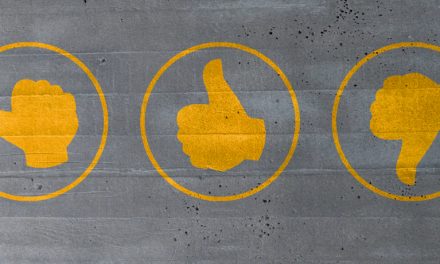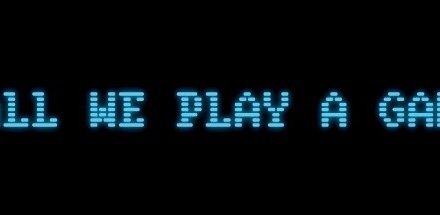It must have been somewhere around age 10 when I decided to no longer go by “Chris” anymore, preferring “Christopher” instead. I felt I had grown up to some degree, and wanted to distance myself from the child I once was. Even at that young age I had a very clear sense of self-identity, one that wasn’t happy with who or where I was in the world. For me, using my whole name felt more grown-up, the way “Marcus” is gives a distinct gravity when compared with, say, “Marky.”
While I do have pseudonyms (like the “Poetics” found in this site’s title), and there are a select few who call me by them, my default preference is to be called “Christopher.” It was a decision I made more than two decades ago, and it has helped form quite a bit of my identity. For myself, any time I’m called just “Chris” it feels like I’m being diminished or talked down to, even if that is far from the intention. This comes up most often in business settings, and it’s really something that gets my goat.
I’m very specific when I introduce myself to people, or when answering the phone, or when sending an email, that my name is “Christopher,” and yet so often their default is to shorten it, occasionally even after several corrections. Intellectually I understand that most Christophers go by just “Chris,” and that they probably know one or two who do, and so that’s what they’re used to. Emotionally however, it feels like I’m being disrespected and ignored, that my wishes aren’t important.
For a sidebar, take the example of famous rock bands demanding odd things in their dressing room, such as a bowl of M&M candies, but no red ones. When I first heard about this phenomenon, I scoffed at what I assumed was the over-inflated ego of rock stars, exerting power over others just because they could. While it is likely that for some power is a big allure, in some cases having such specific requests or demands speaks to a larger attention to detail – if the venue isn’t concerned with getting that part of the contract right, how much care and attention would they have paid to pyrotechnics, security, or other aspects of a visit that really do matter?
For me, being called by the wrong name feels very similar – if someone doesn’t or can’t put effort into learning who I am and what I prefer, how can I be assured that any future requests or advice will be honored or respected?
As open and boisterous West Coast America is, there’s still the fear of awkwardness and of upsetting others when offering corrections – after a certain point in time, a certain number of repetitions, correcting what someone calls me feels like more trouble than it’s worth.
Largely I think it boils down to respect, and my own issue with not feeling respected. I always try to call other people by the name they’ve expressed a preference for. I’m being a hypocrite with this, but I hope that if what I call someone isn’t to their liking, they’d talk to me about it.















